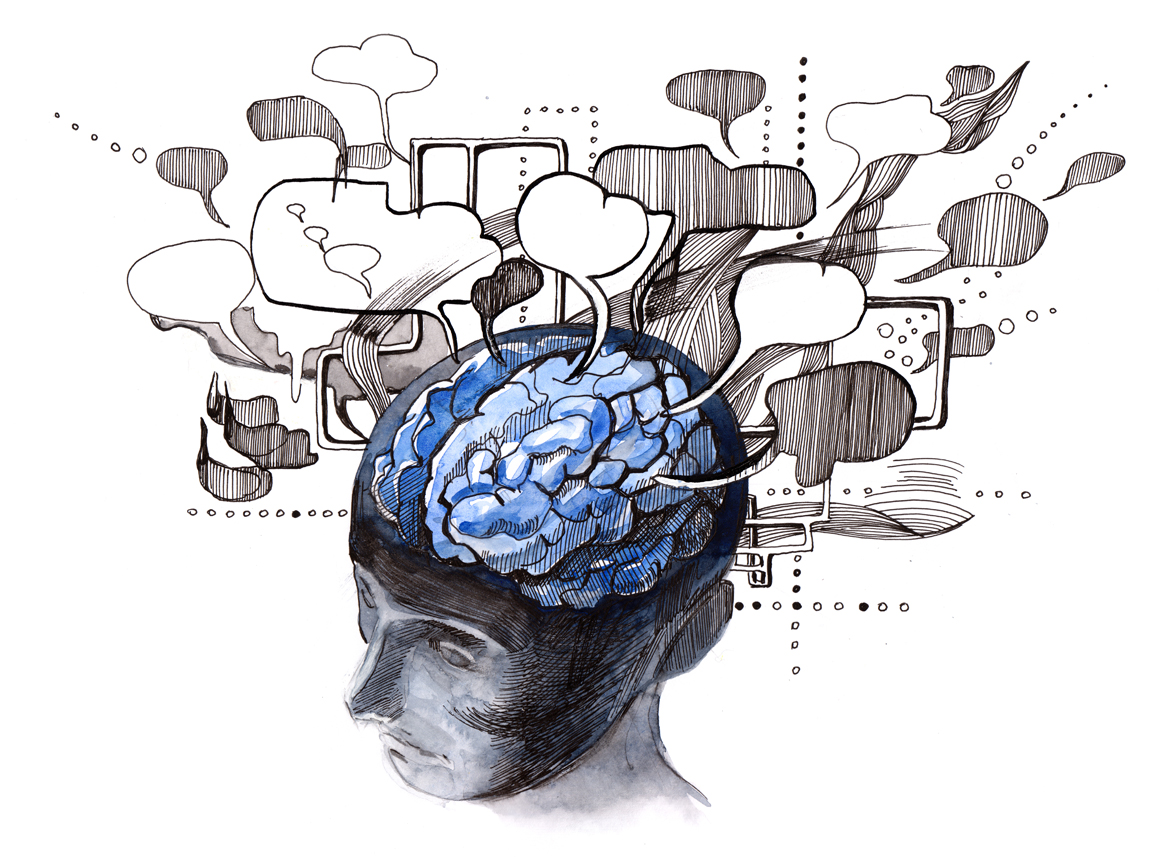
I’m currently reading a book titled ‘Everything Bad is Good for You: How Today’s Popular Culture is Actually Making Us Smarter’ by Steven Berlin Johnson. I would recommend reading this book. It is an amazing and thought inspiring read. But that’s not what this post is about.
In part of the book, Steven discusses why we can’t teach children about industrial tax rates and economics but they will play Sim City for days and adjust industrial tax rates to increase production like they were born knowing how.
Steven states that the principle reason for this is our brains response to Dopamine and how our bodies release Dopamine based on a reward structure. This is primal ‘motivation’. We are motivated to do things because in the end there is some reward which leads to dopamine.
Games, Steven says, are designed around this primal motivation. In day to day life there are maybe two to three rewards a day (if you’re lucky). In games, you can increase those rewards to six an hour (give or take depending on the game). This is why games are so engaging.
Which brings me to my question; is this behavior of reward saturation in the gaming environment responsible for the apparent recent increase in student disengagement? This current generation of students grew up on gaming. More so than previous generations as, by 2008, the gaming industry had more than quadrupled since 1996 (Entertainment Software Association of Canada 2012 Essential Facts Report). This generation has been fed a steady iv-drip of rewards that day to day life can’t possible compete with, never mind education.
What obvious reward does education provide for students? After 4 years (if they’re lucky) they may get a job (if they’re lucky). Try and explain to students that the benefits of education include obtaining the power to think, deduce, and discover and you’ll get back blank stares.
What does this mean as educators? How can you get your students to invest and engage in their education when all they can think about is that next level or that unbeatable boss character in the current game they are playing?
If students are impacted so strongly by gaming can instructors use other aspects of gaming to engage and inspire students?
Gaming is also rich with experiential learning and discovery (exploring worlds), stages of competency (leveling up), and a drive to mastery (bonus points for completing levels with higher competency); all terms, easily recognized by educators, that affect deep learning (De Leo).

According to Joyce A. De Leo, PhD, VP of Academic Affairs and Professor of Biology at Emmanuel College, deep learning elicits strong positive emotions (or pleasure). Pleasure, like rewards, is also responsible for the release of Dopamine (Psychology Today).
As deep learning occurs, the brain (thanks to brain plasticity) builds more (and stronger) neuronal synaptic connections (De Leo) creating more synaptic connections for dopamine to travel on, creating a desire for more deep learning, creating more dopamine and neuronal connections, and on and on. In essence, the brain will get addicted to learning.
With that in mind, if instructors focus on affecting student emotion through deep learning (discovery, competency, mastery) versus providing rewards, they’re no longer competing with games for the corner on the dopamine market, as much as they are providing an additional (or alternative) source for it.
As A&S Dean, Michael Smith from Harvard College states “One of the most important goals of a liberal arts education today is to give students the personal experience of discovery.”

For more information and other thoughts on deep learning:
Come check out our department library (305-512) which contains many books for teaching and learning.
http://exchange.ac.uk/learning-and-teaching-theory-guide/deep-and-surface-approaches-learning.html
http://www.nea.org/home/34692.htm
You can view Steven Johnsons Ted Talks here:
http://www.ted.com/speakers/steven_johnson.html
Sources:
De Leo, Joyce A. 21st Century Education: Engaging the Next Generation of Students. [Online] Available at: http://www.emmanuel.edu/Documents/SND.DeLeo.pdf
Johnson, Steven B. Everything bad is Good for you: How Today’s Popular Culture is Actually Making us Smarter. Penguin Books Limited, 2006.
What is Dopamine? Psychology Today. [Online] Available at: http://www.psychologytoday.com/basics/dopamine